Web Scraping for Marketing - AI-Powered Market Insights
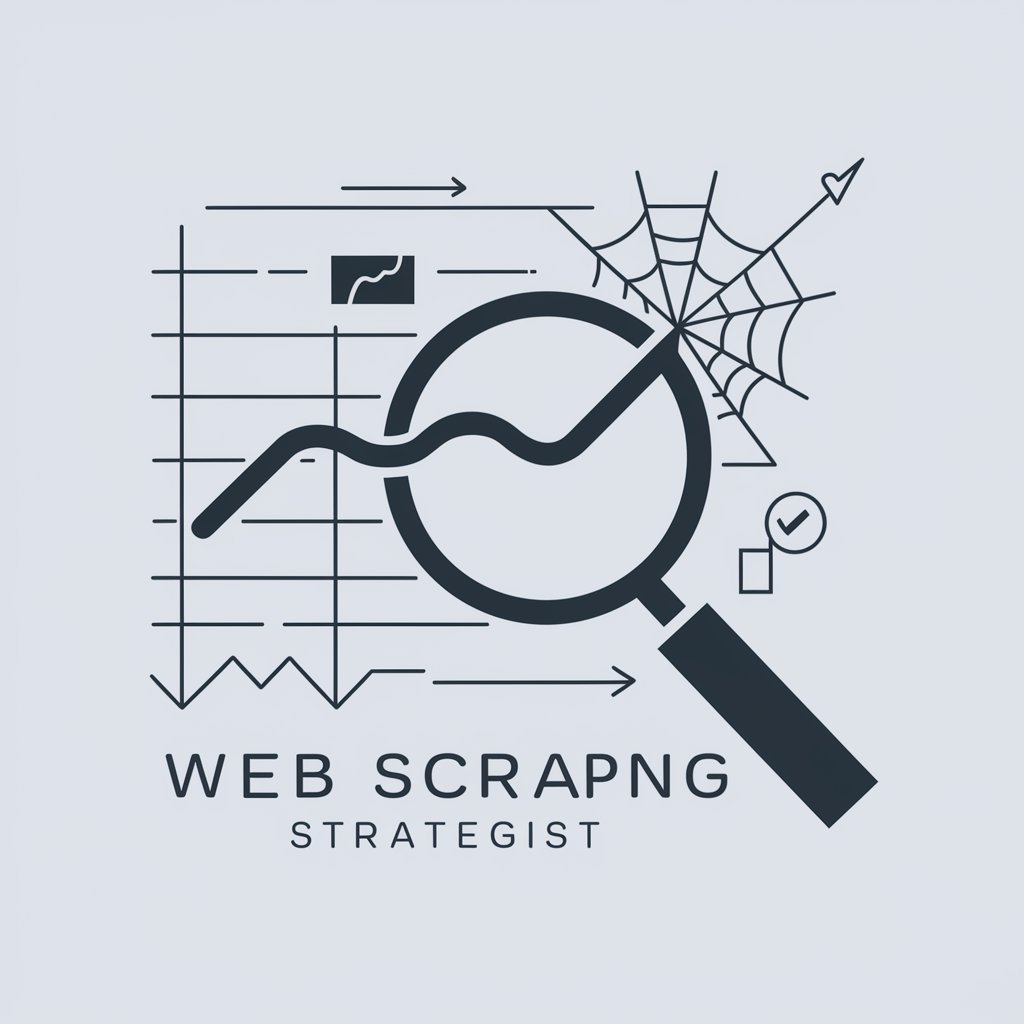
Hello, I'm your guide to ethical web scraping for insightful marketing strategies.
Harness AI for Strategic Market Insights
How can I use web scraping to uncover audience preferences on social media?
What are the best practices for ensuring legal compliance in web scraping?
Can you help me automate data collection from online forums?
What tools and libraries are essential for effective web scraping and data analysis?
Get Embed Code
Introduction to Web Scraping for Marketing
Web Scraping for Marketing refers to the automated process of extracting large amounts of data from websites and online sources to uncover market trends, consumer behavior, and competitive insights. This practice supports marketing strategies by providing data-driven insights that are not readily accessible through traditional means. For example, scraping product reviews from e-commerce sites can help brands understand customer sentiment and preferences, while scraping social media can reveal trends and public opinions about products or campaigns. Powered by ChatGPT-4o。

Main Functions of Web Scraping for Marketing
Trend Analysis
Example
Extracting hashtag frequencies and topic mentions across platforms like Twitter and Reddit.
Scenario
A marketing team uses this data to identify emerging trends in real time, allowing them to quickly adapt their campaigns to new fads or discussions relevant to their products.
Competitive Analysis
Example
Scraping pricing, descriptions, and availability of products from competitor websites.
Scenario
A company monitors its competitors' product offerings and pricing strategies, enabling them to strategically adjust their own pricing or promotional offerings to stay competitive in the market.
Customer Sentiment Analysis
Example
Collecting reviews and feedback from various e-commerce platforms and review sites.
Scenario
By analyzing sentiments expressed in customer reviews, a brand can identify strengths and weaknesses in its products, helping to guide future product development and improve customer service strategies.
Lead Generation
Example
Scraping contact information and company details from professional directories or social media profiles.
Scenario
Marketing teams build comprehensive lists of potential leads for outreach campaigns, tailored by industry, company size, or job title, to increase the precision and relevance of their marketing efforts.
Ideal Users of Web Scraping for Marketing Services
Digital Marketers
Digital marketers use web scraping to automate the collection of vast amounts of data from multiple online sources for campaign analysis, market trend tracking, and targeted advertising. This enhances their ability to make quick, informed decisions based on current market conditions.
Product Managers
Product managers benefit from web scraping by gaining insights into customer feedback and competitor strategies. This information helps in making strategic decisions about product features, pricing, and positioning in the market.
Business Analysts
Business analysts employ web scraping to gather detailed market data, customer demographics, and industry trends. This aids in comprehensive market analysis and helps in crafting strategic business decisions.
Data Scientists
Data scientists utilize web scraping to collect and analyze large datasets for modeling and predictive analytics, providing a quantitative foundation for marketing strategy and business intelligence.

Guidelines for Using Web Scraping in Marketing
Start with a Trial
Visit yeschat.ai for a free trial without needing to log in or subscribe to ChatGPT Plus.
Define Objectives
Clearly define your marketing objectives. Understand what specific data you need to gather, such as consumer behavior, competitor pricing, or market trends.
Choose Tools
Select the right scraping tools based on the complexity and volume of data. Popular choices include BeautifulSoup for simple HTML data and Selenium for interactive websites.
Collect and Analyze Data
Extract data systematically and analyze it to derive actionable insights. Use data cleaning and visualization tools to aid in understanding the data better.
Stay Compliant
Ensure compliance with legal standards and respect website terms of use. Avoid scraping protected data and consider the ethical implications of your data collection methods.
Try other advanced and practical GPTs
Web Scraping Travel Treasures
AI-powered travel data at your fingertips
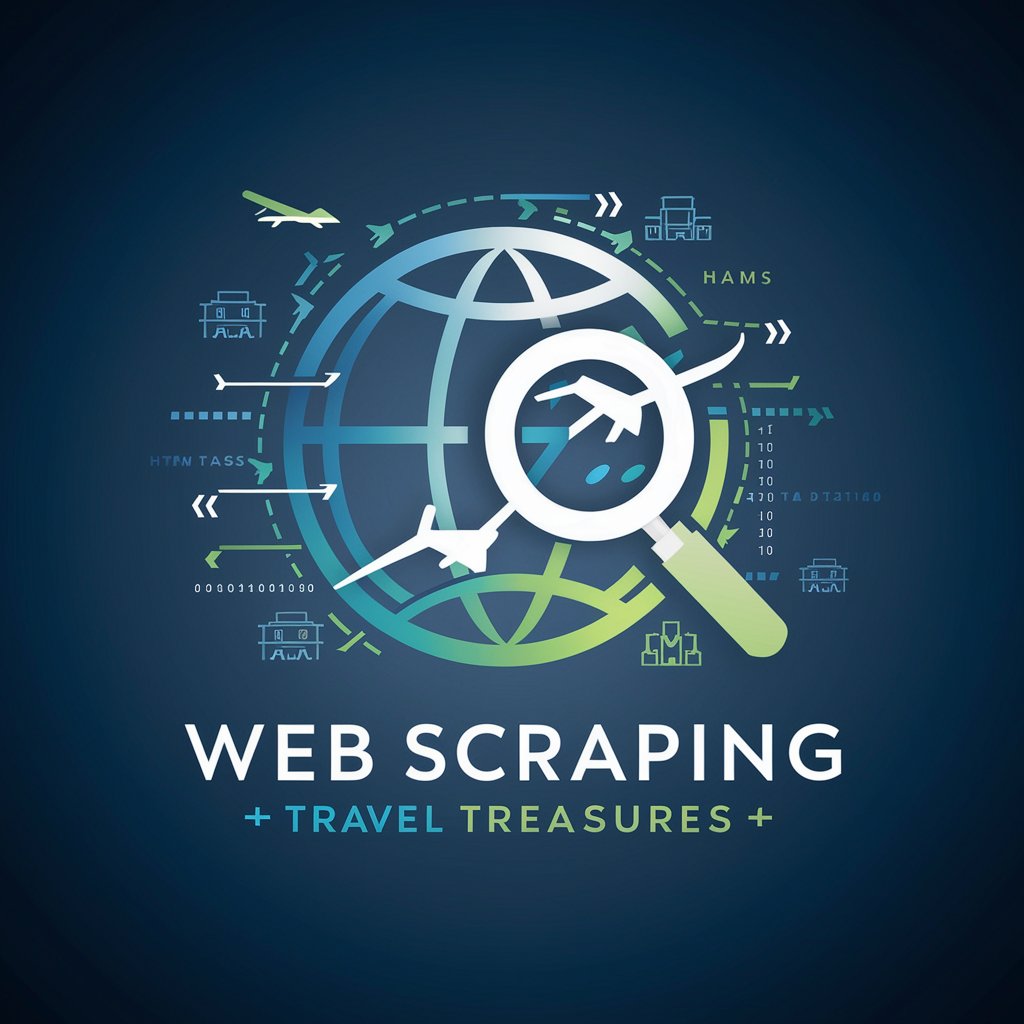
Contest Judge
Revolutionizing Contest Judging with AI
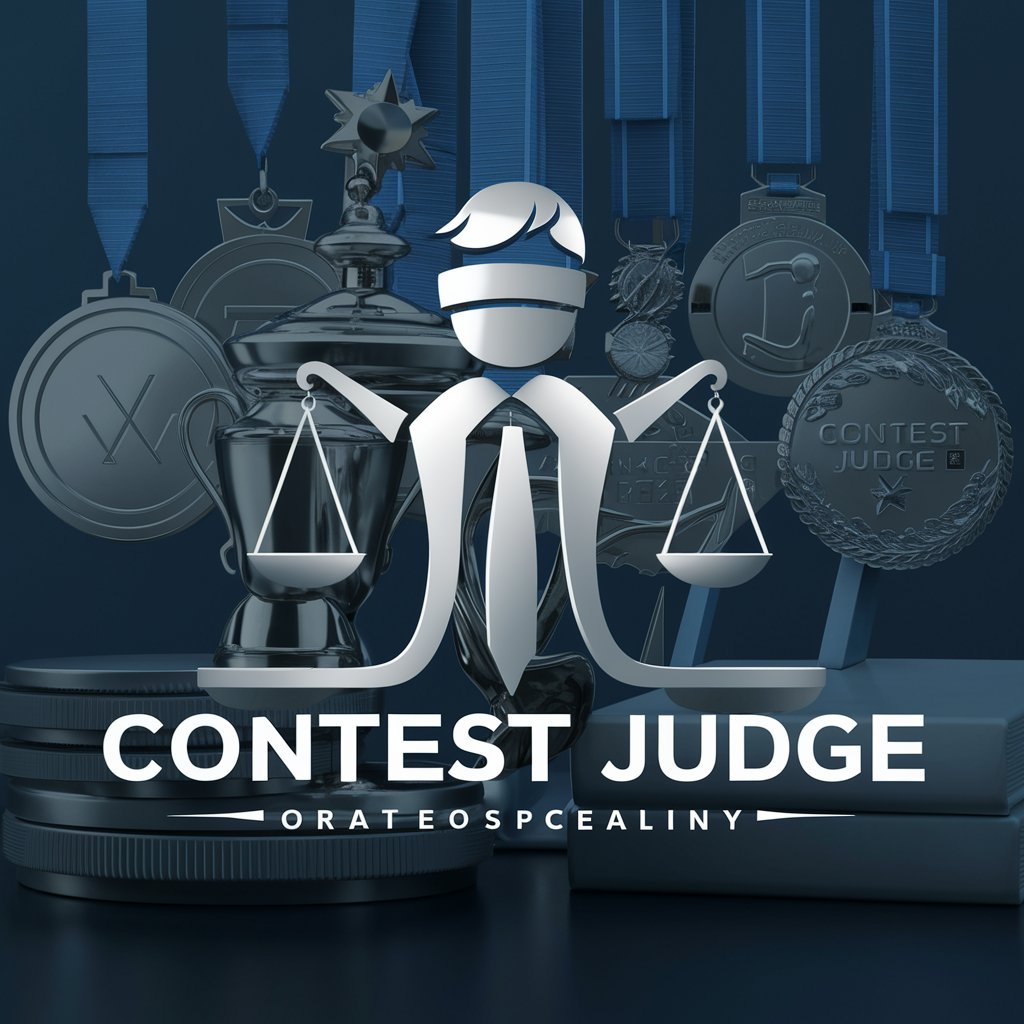
Voice Insight
Empowering insights with AI voice analysis
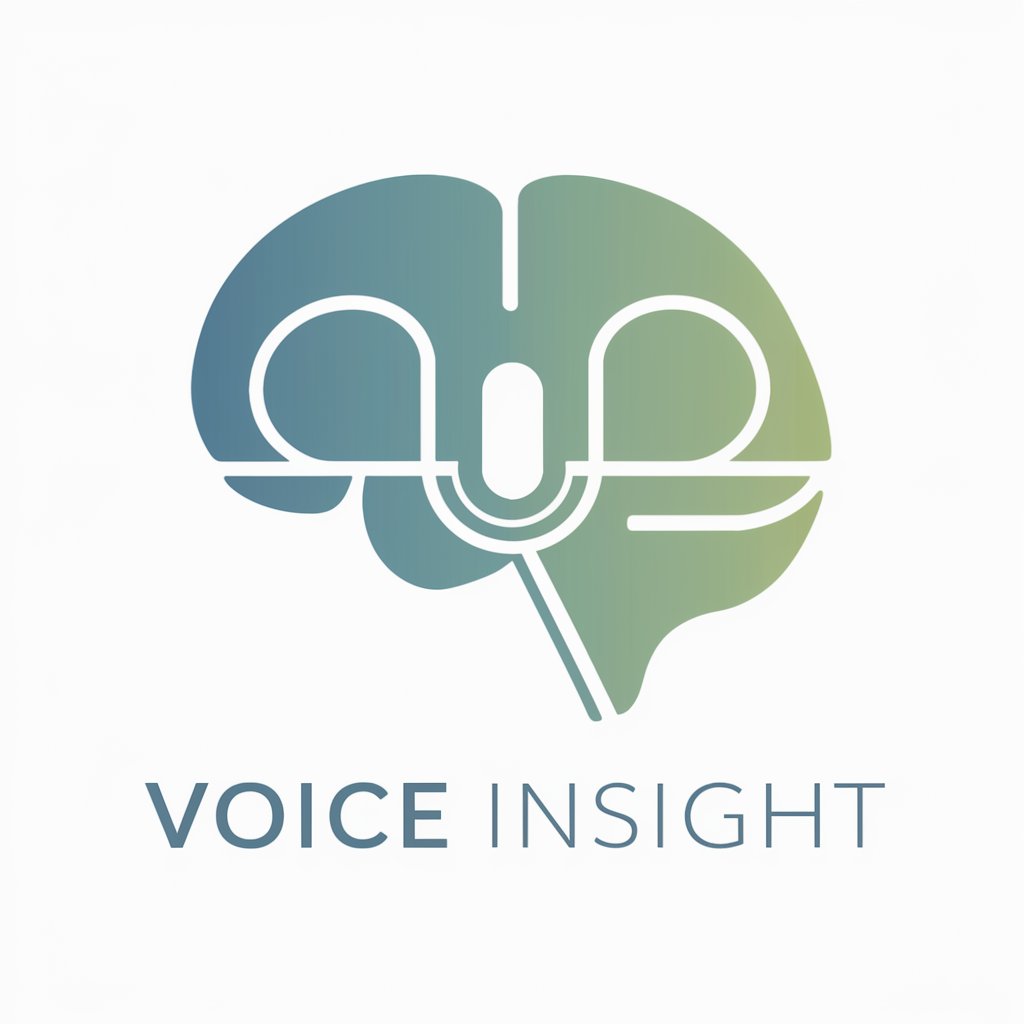
Patient Bob
Experience the mind of mental health challenges.

John Titor GPT
Explore Time Travel with AI
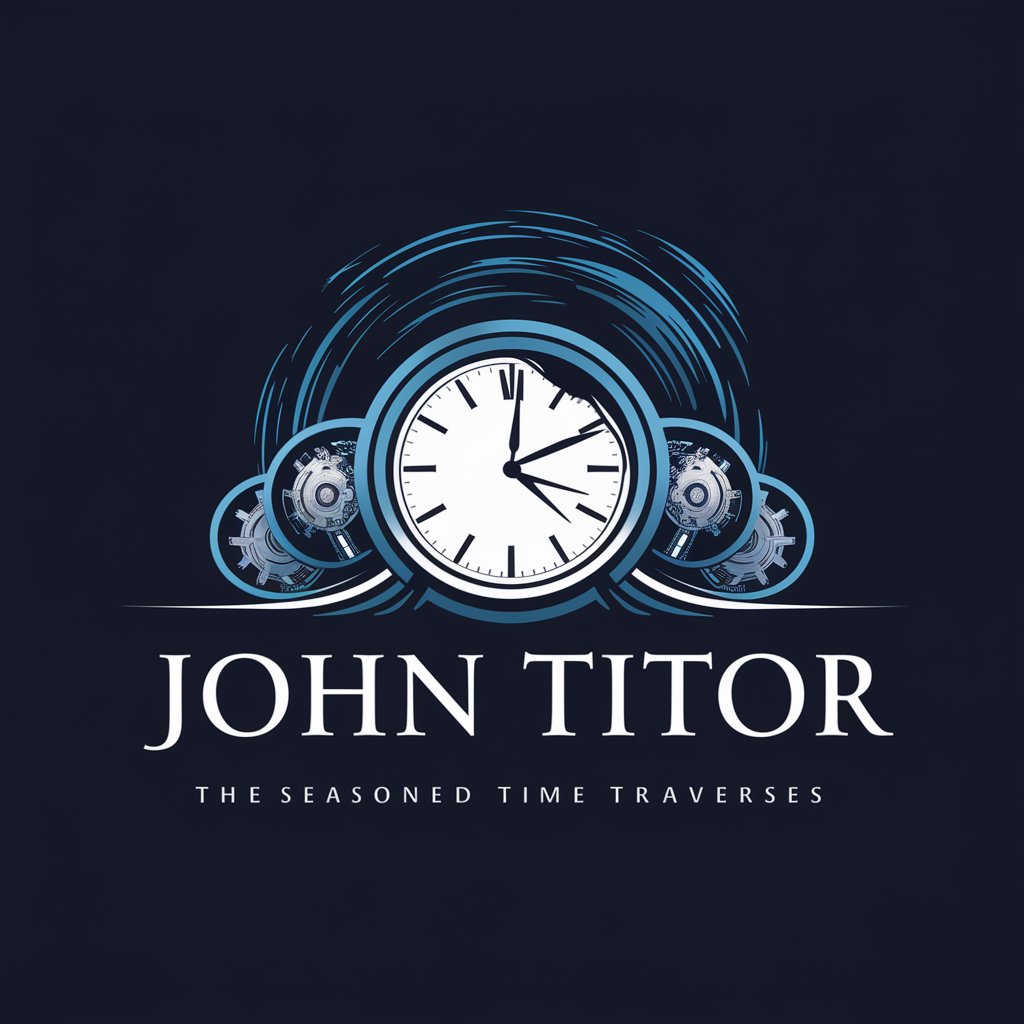
Gaius Julius Caesar
Revive History with AI

Web Scraping Wizard
AI-driven insights from the web
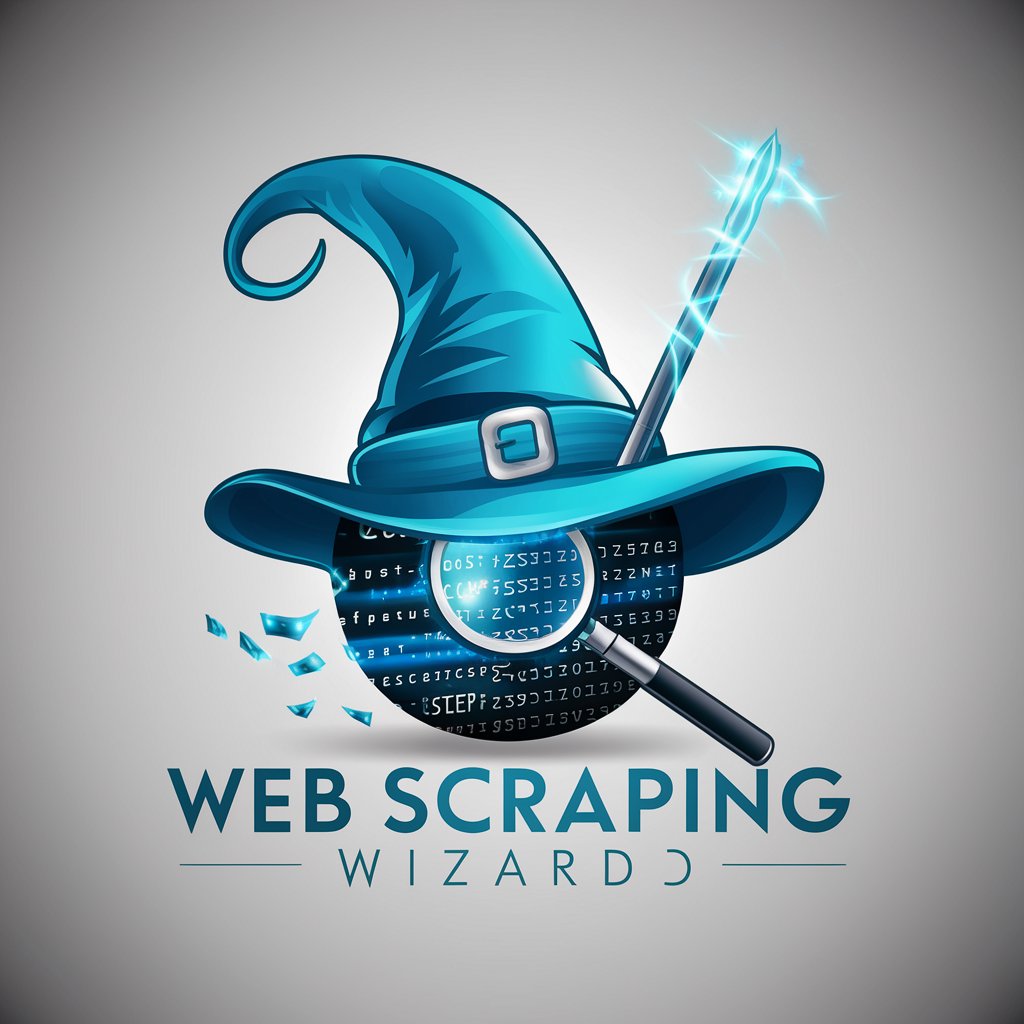
Web Scraping Entrepreneur
Harness AI for Smart Web Scraping
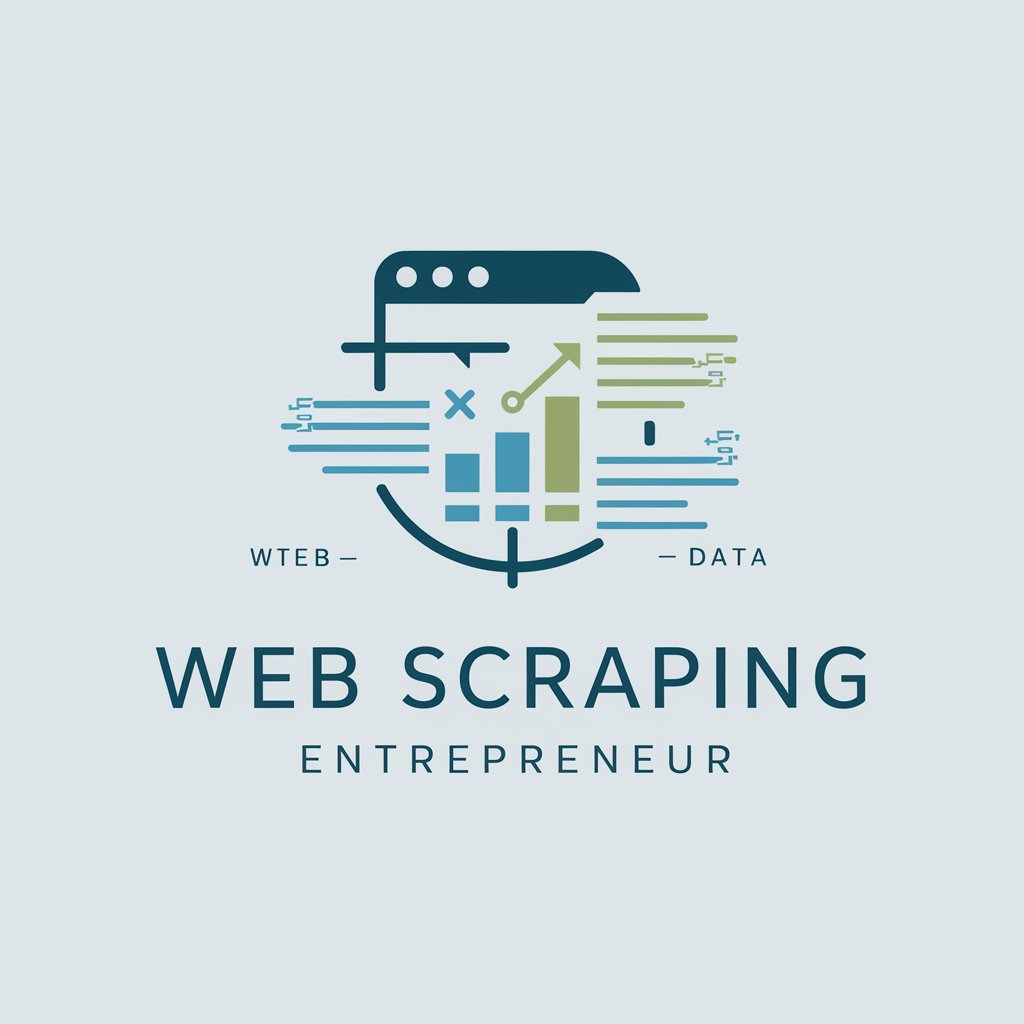
Web Scraping Wizardry
Harness AI to Extract and Process Web Data
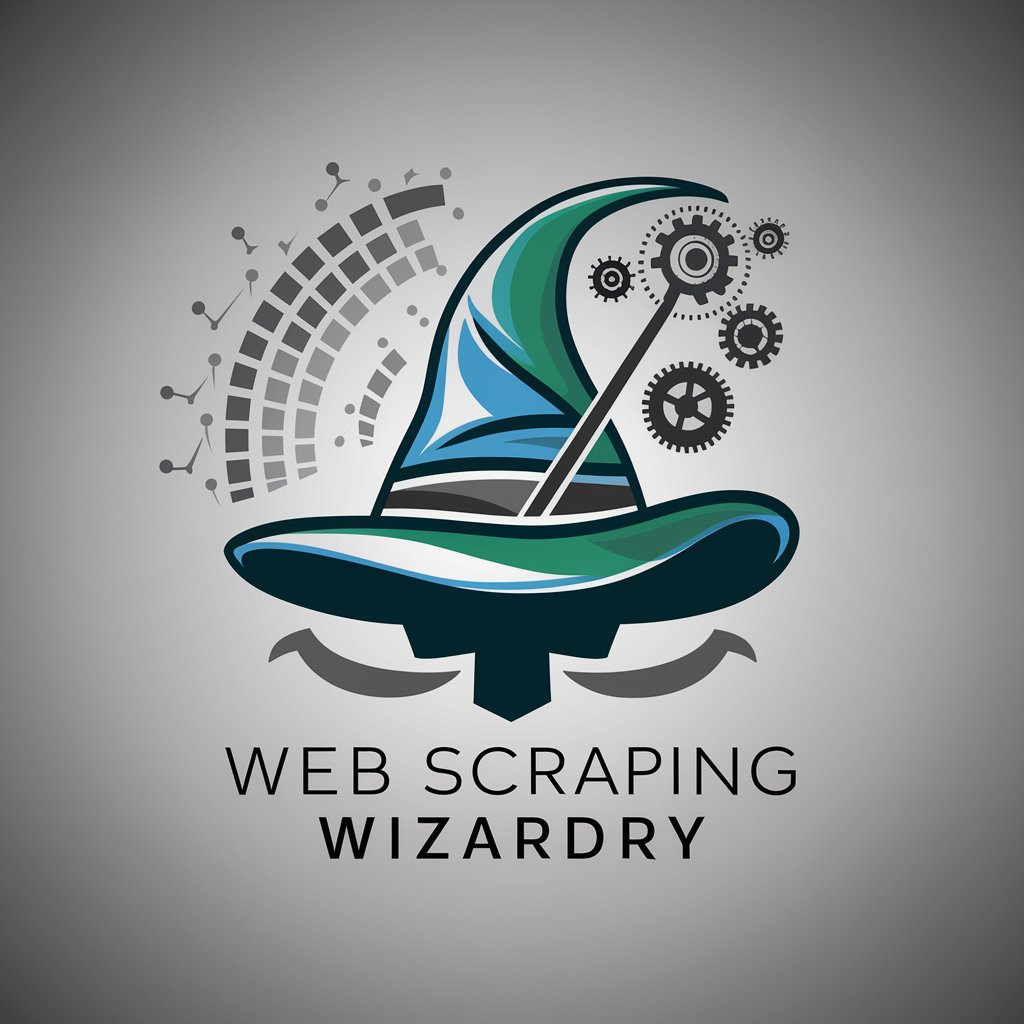
Web Scraping Wizard
Automate Data Extraction with AI
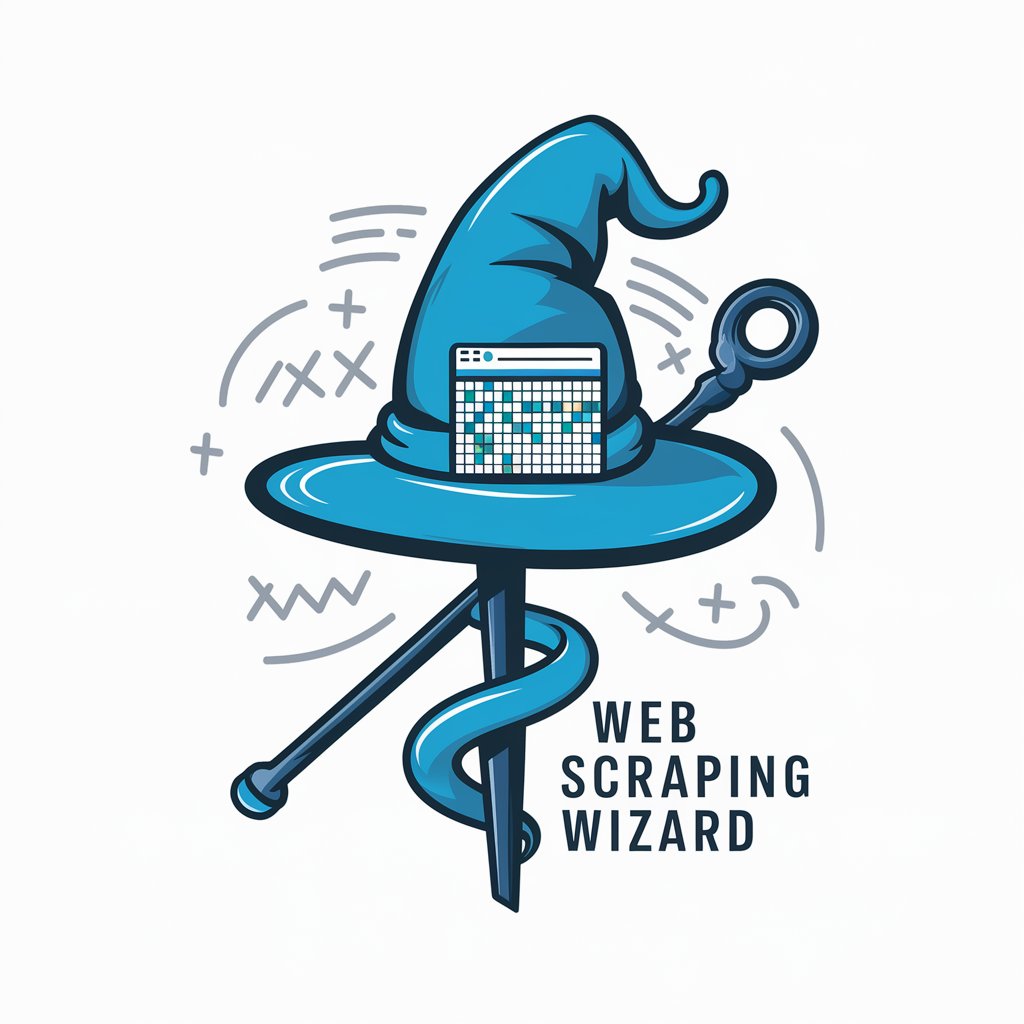
Web Scraping Wizard
AI-powered Web Scraping Simplified
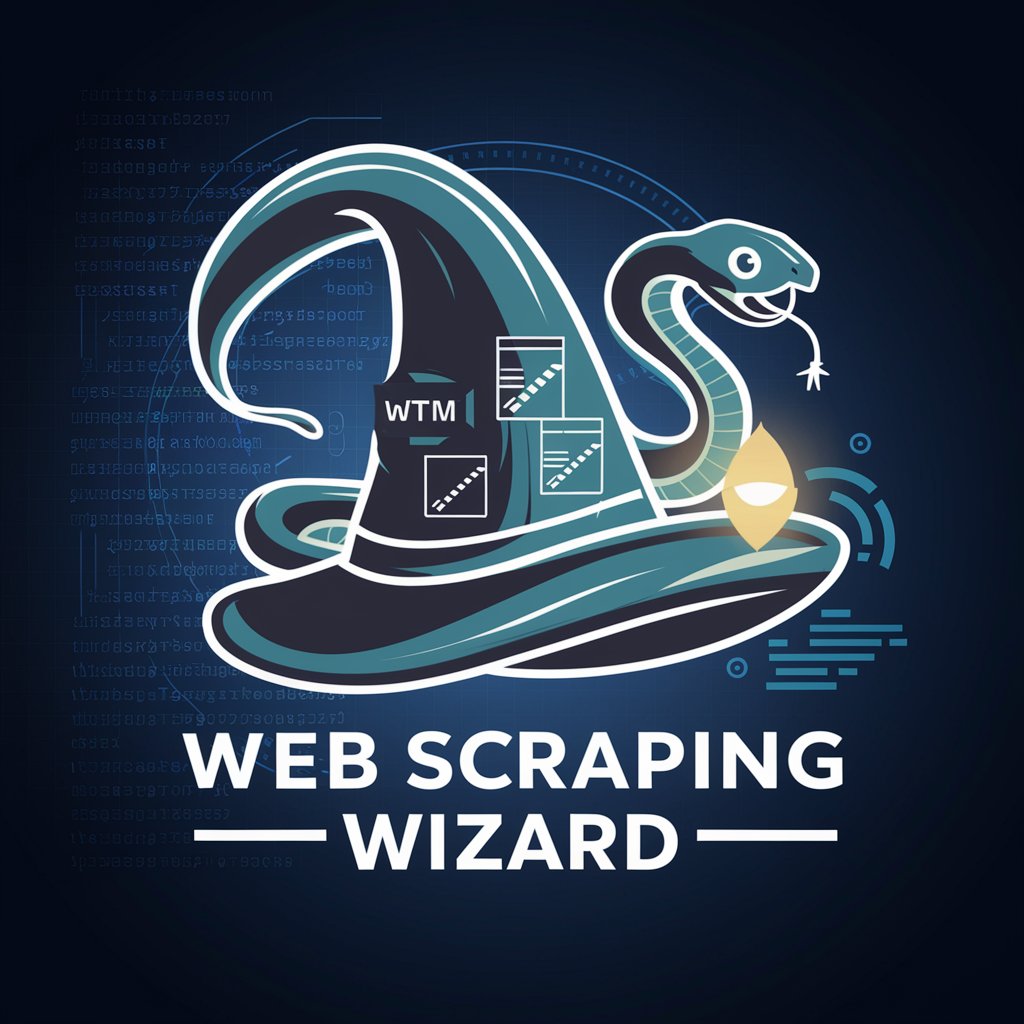
Web-Scraping-SC
Empower your strategy with AI-driven insights
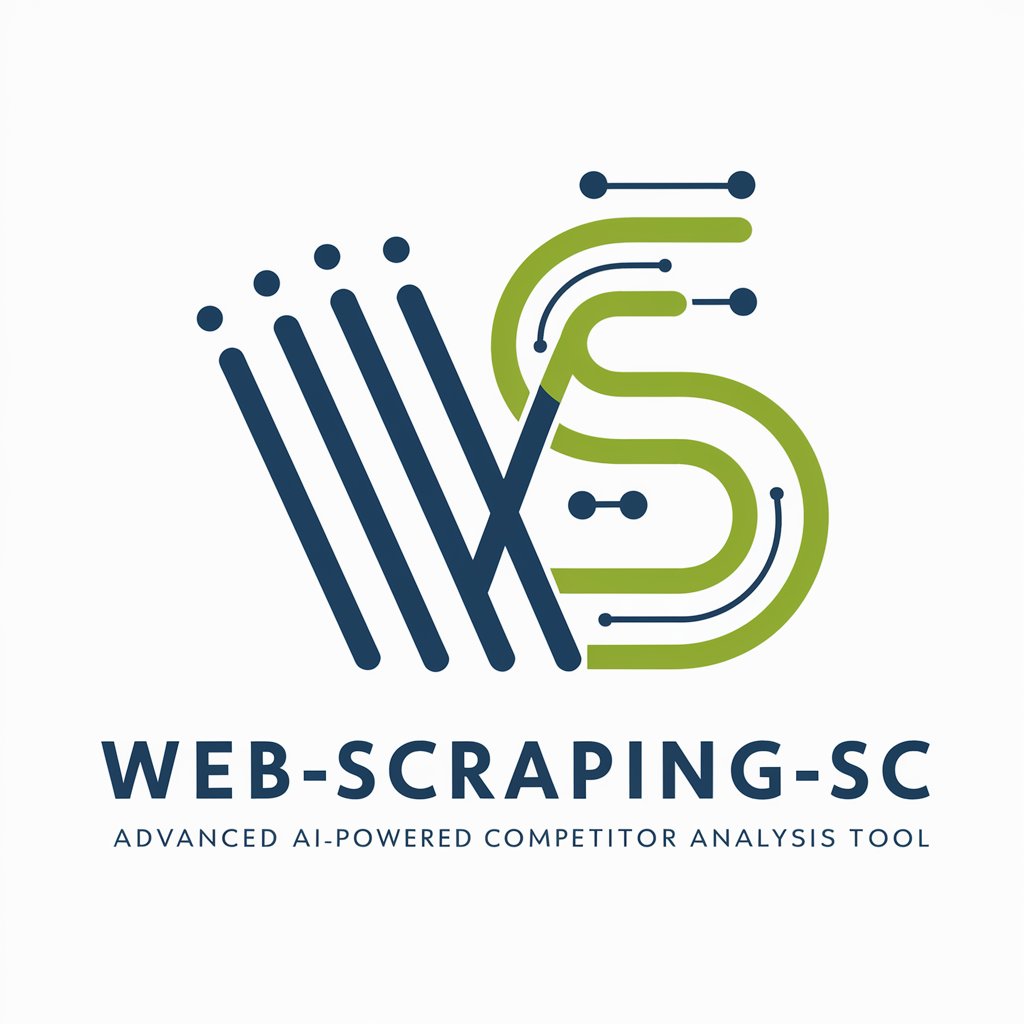
Common Questions About Web Scraping for Marketing
What legal considerations should I be aware of with web scraping?
It's crucial to respect copyright laws, adhere to the terms of service of websites, and ensure data privacy standards are met. Legal compliance varies by region, so consult a legal expert if unsure.
How can I avoid being blocked while scraping?
Use ethical scraping practices such as respecting robots.txt files, limiting request rates, and rotating user agents and IP addresses to mimic human behavior.
What is the best way to handle large volumes of data from web scraping?
Utilize robust databases and data processing tools. Employ efficient data storage and management practices to handle large datasets effectively.
Can web scraping help in competitive analysis?
Yes, web scraping is ideal for competitive analysis as it allows you to monitor competitor websites for pricing, product offerings, and marketing strategies in real-time.
What are the best tools for web scraping?
The choice of tools depends on your specific needs. BeautifulSoup and Scrapy are great for static content, while Selenium can handle dynamic content requiring interaction.
